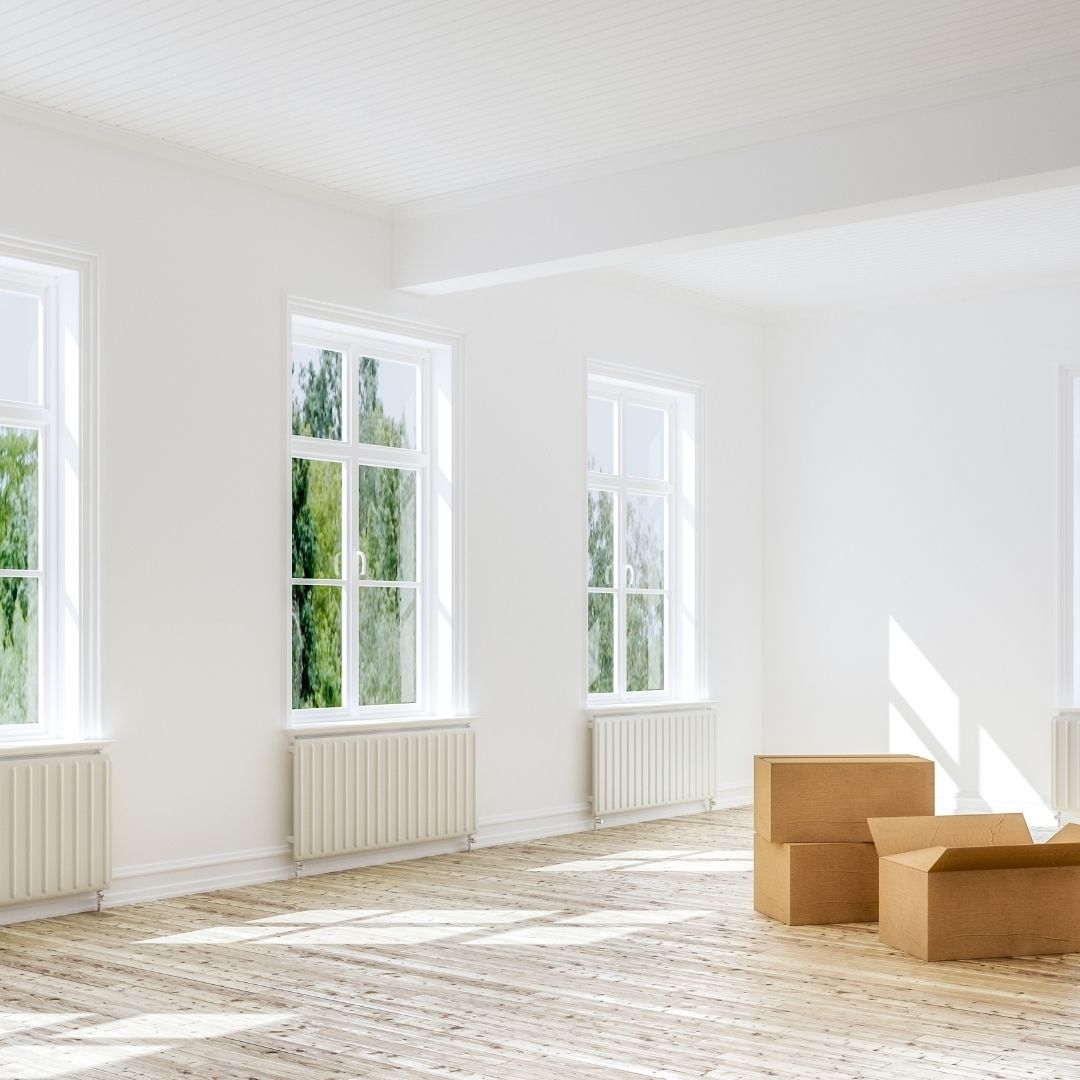How Much Should I Budget For Moving Expenses?
Moving to a new place is an exciting yet complicated process that can quickly turn expensive without the proper planning.
When making your moving plan, you need to have a budget. This the estimated amount the move will cost you. On average, a renter can spend between $1,000 – $3,000 when moving. Homeowners on the other hand can spend between $8,000 to $11,000 on average when moving.
Depending on the state you are in the USA and some other factors, the cost of moving usually varies a lot. As such it is important to know the factors that can affect your moving cost before you proceed with moving.
Listed below are the factors that can affect your moving price.

The Time Of Year
The time of the year you move strongly determines how expensive your moving cost will be. Usually, summer is the most favored season for moving. This means there will be more demand for professional moving companies, and therefore, you will have to pay more to rent movers or trucks during this period.
How Much Stuff You Have
When moving, the more the items in your home, the costlier it is to move. Professional movers, for example, charge you based on the size and the weight of your properties. Therefore, the more stuff you have, the more you are likely to pay. The same thing applies when renting a truck. The more properties you have, the larger the truck you will need, and then, the more you pay. In this situation, to reduce cost, you will have to opt for carrying some of your stuff yourself.
The Distance
The distance of the move is another factor that determines your moving costs. Long distances are usually more expensive. This is because your charges will include a plan for gas, meals, lodging (if it will take more than a day), and other expenses that come with moving outside a city or state.
Since the cost of moving can add up fast for certain reasons, to avoid being caught off-guard, you have to make adequate plans for creating your moving budget. To successfully navigate the daunting process, you have to pay attention to details and be proactive while creating your budget, and here's how:
Take Inventory Of Your Properties
The first thing to do before moving to a new home and the first step to creating a proper moving budget is taking inventory of your properties. You should know which items in your current home will or will not make it to your new home. This step will require thinking and thoroughly searching your home so as not to miss a thing.
Make Research
You need to have a clear idea of what your new home needs to know the kind of movers you will be needing. Once you have found out the kind of movers you need, the next step is to carry out thorough research about their price and services.
Now, this is where taking inventory comes in handy because professional movers will likely need your inventory to provide you with quotes or estimates. Generally, moving estimates are based on factors like the base moving fee, moving insurance, and specialty items fee.
The base moving fee is the amount that a moving company charges all their customers regardless of the size of their properties. The specialty items fee on the other hand is an extra charge added to the initial cost of moving your stuff. This happens when you are moving items like artworks, safes, pianos, and many others.
The more difficult it is to move your items, the higher the charges. Finally, it is also important for you to research the insurance coverage of the moving company. Most of these companies offer insurance in the form of valuation where some damaged or missing items are paid for. However, you can get more from your mover depending on their insurance coverage and your moving option.
Factor In Additional Costs
Depending on the conditions surrounding your move, you may have to budget for additional costs that may arise. Some of these conditions are the need for professional cleaning, the presence of kids, pets, house plants, and many more.
Finally, you should set money aside for your daily expenses. Moving to a new home does not mean your life will be on hold. Until you finally move, life will go on and so will your expenses. To make budgeting easier, you should set aside money for your daily expenses and bills until you finally move.